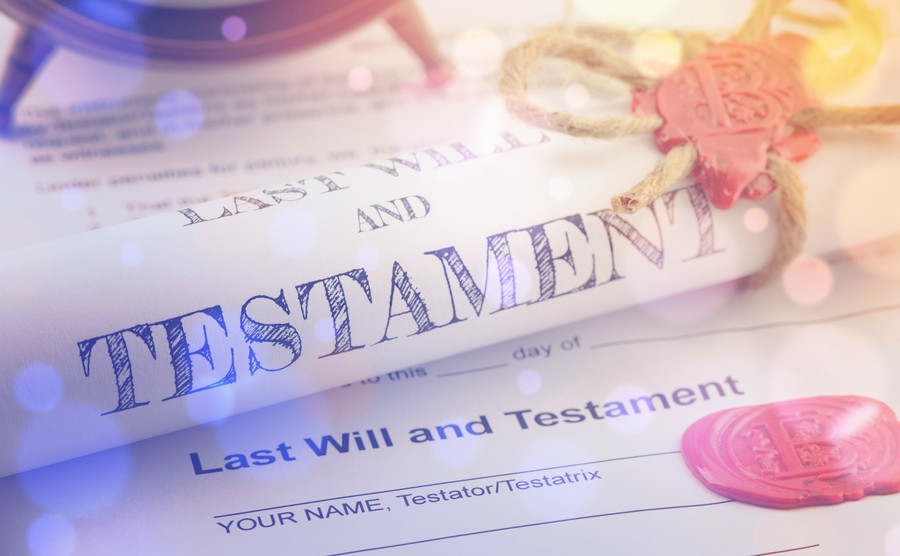Portugal’s inheritance tax, or lack of it, means the financial benefits of moving to Portugal continue even after you’ve entered the sweet hereafter. Your family will thank you!
With the UK charging up to 40% inheritance tax, it’s no surprise that people look to retire to countries where the state won’t take so much future wealth from the family.
Portugal is one place where the law does allow people to inherit more, but there are important technicalities to be aware of. Here are the five most important.
Inheritance tax was abolished in Portugal in 2004.
Find homes in Portugal via our property portal.
1. There is NO inheritance tax in Portugal
This is the most important detail: inheritance tax was abolished in Portugal in 2004. However, stamp duty is still payable, so it’s really a question of semantics. However, stamp duty is at a relatively generous rate of 10% on Portuguese assets.
2. Spouses and children are exempt
Spouses and children are not liable for stamp duty when they inherit assets. Anyone else is liable to pay stamp duty at the 10% rate. This means wealthy families can ensure they bequeath significantly more to the people they leave behind if they are domiciled in Portugal, compared to somewhere like the UK.
3. Beware capital gains tax
If someone is left a property in Portugal and sells it soon after the death of the person who bequeathed it to them, it’s possible they may find themselves liable for capital gains tax on the sale.
To be put in touch with a Portuguese lawyer to discuss your will and inheritance tax, call the Property Guides resource team on 020 7898 0549.
Standard rates at the time of writing are 28% for residents and 25% for companies and non-residents, but various exceptions and reductions can apply. For example, less income is taxable if the money is re-invested in a new Portuguese property, or if the property was a main residence.
It’s vital to seek expert financial advice on this issue, especially in non-resident situations where there could be capital gains tax to pay in the country of residence also.

No-one wants to ever pay inheritance tax, in Portugal you don’t need to
4. Small details can cost money
One thing anyone inheriting assets in Portugal should watch for is small details that can leave a financial liability. One example is the scheme that allows a new resident to import a single vehicle free of most matriculation taxes on a “one off” basis. Part of this arrangement is that the owner must keep the vehicle for five years, or be liable for the full importation tax if they sell it.
This means that should the person that imported the vehicle die before the five years is up, the person who inherits the car becomes liable for the tax as the new owner.
If you are ready to buy in Portugal, you’ll have a few financial matters to sort out. For advice on getting the best currency deal download the Property Buyer’s Guide to Currency.
5. A Portuguese will is essential
The Portuguese authorities will not accept a will prepared in a different country, so anyone intending to structure their affairs around Portuguese inheritance tax must ensure they have a will professionally drawn up in the country.

The Portugal Buying Guide is designed to support you through each stage of buying property in Portugal, providing relevant, up-to-date information and tips from Portugal property experts and expats who have been through the process themselves. It helps you to:










